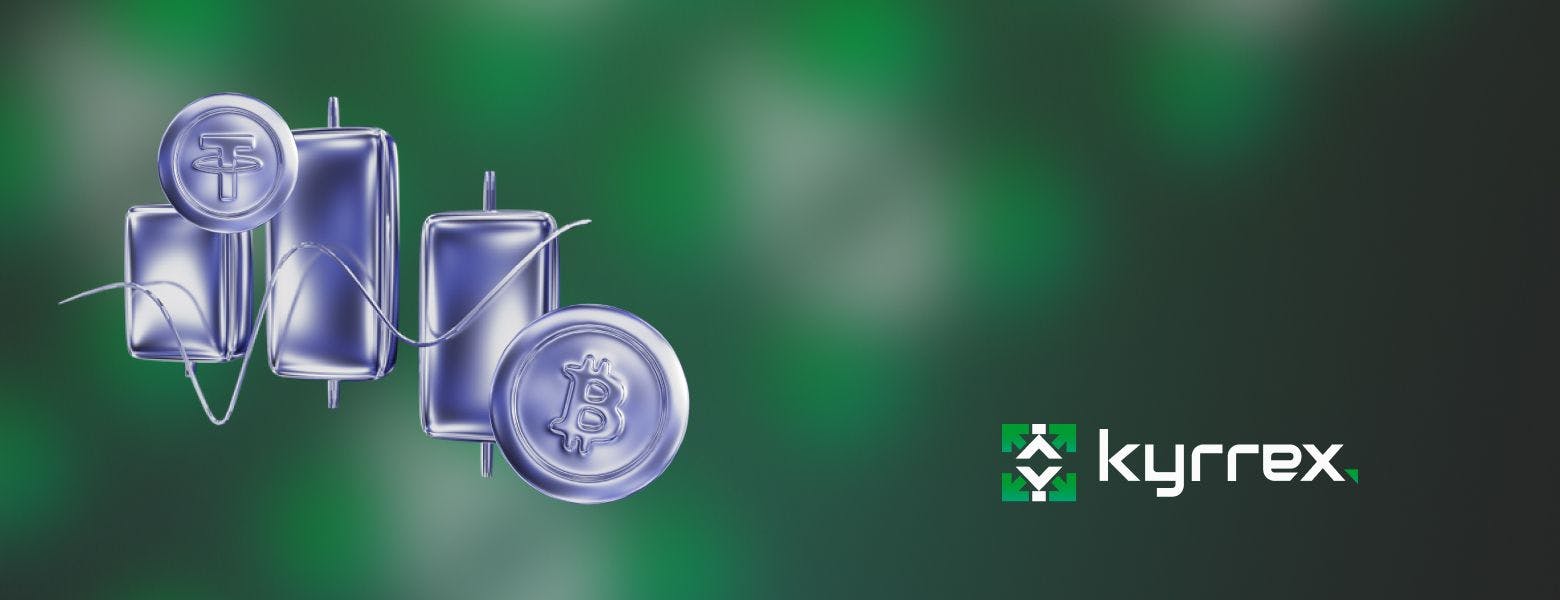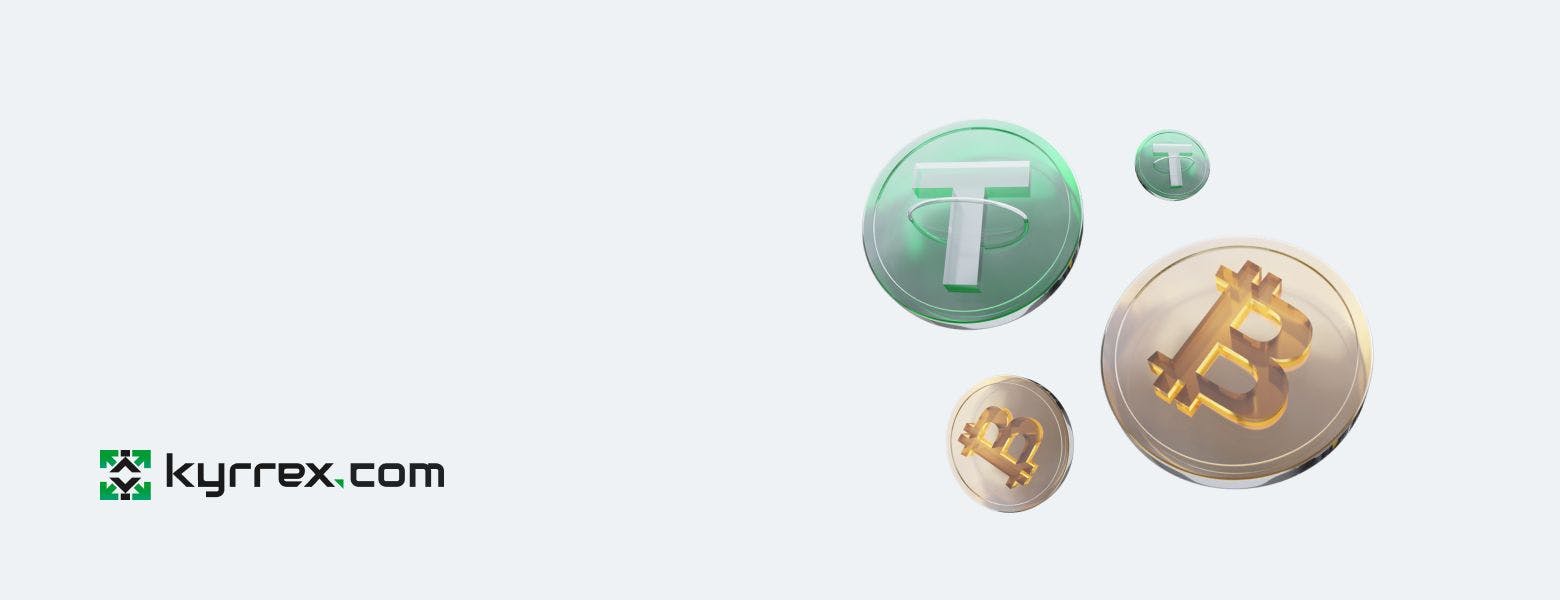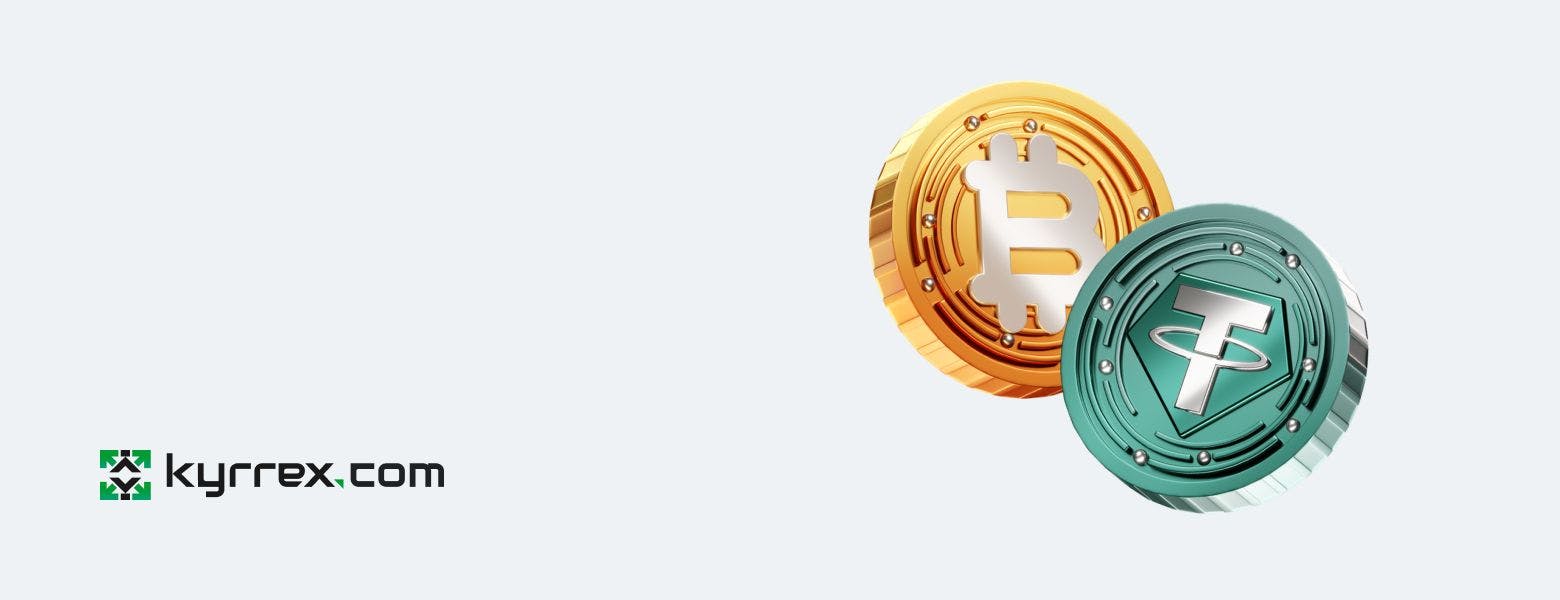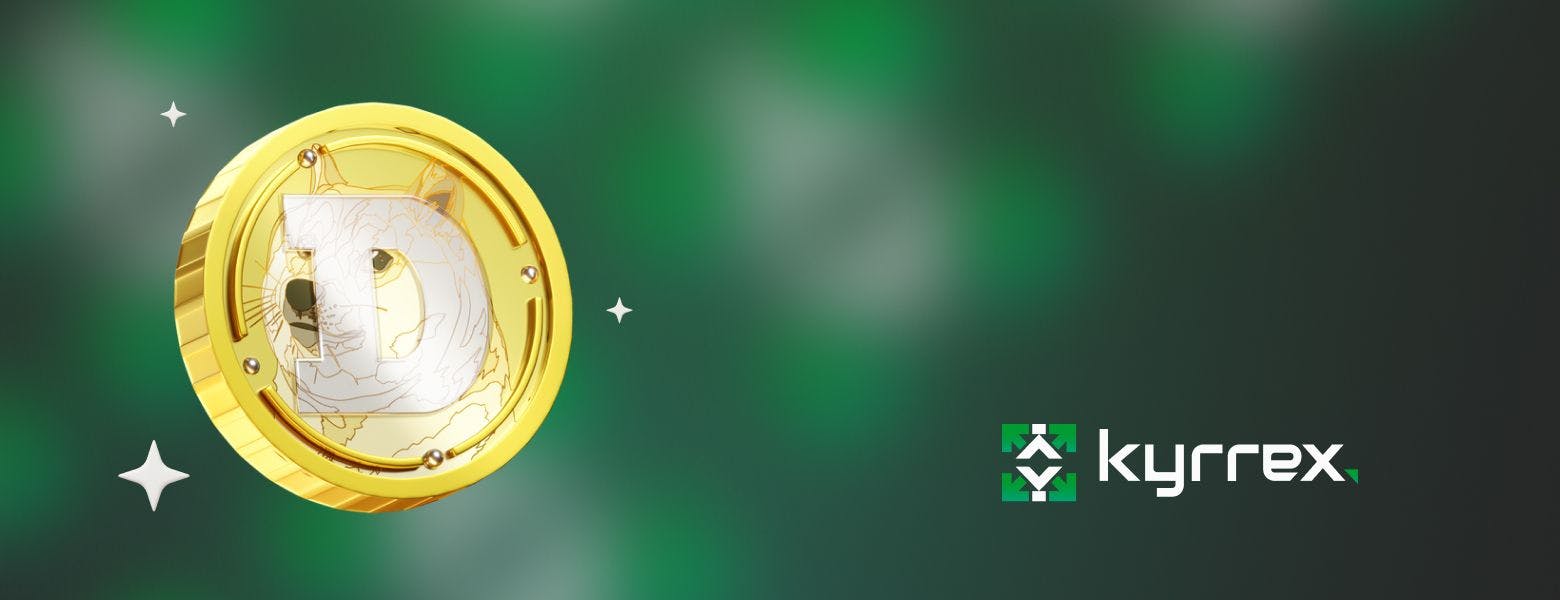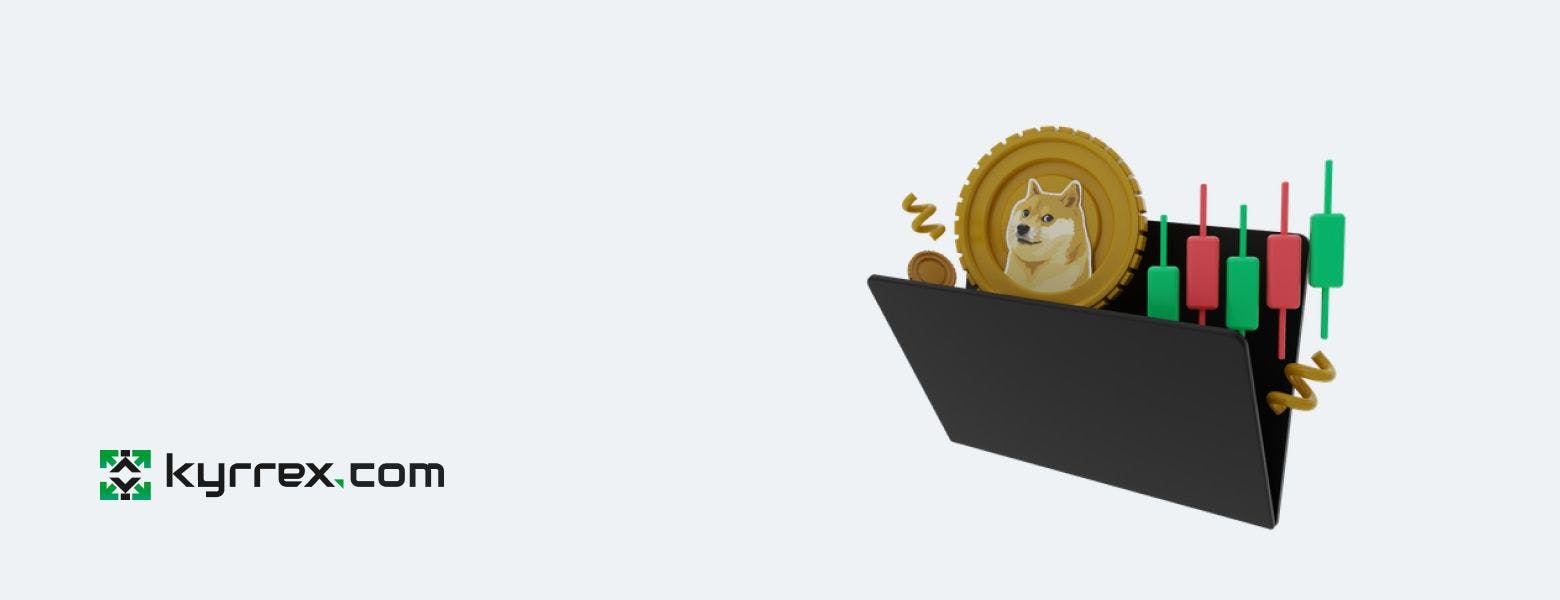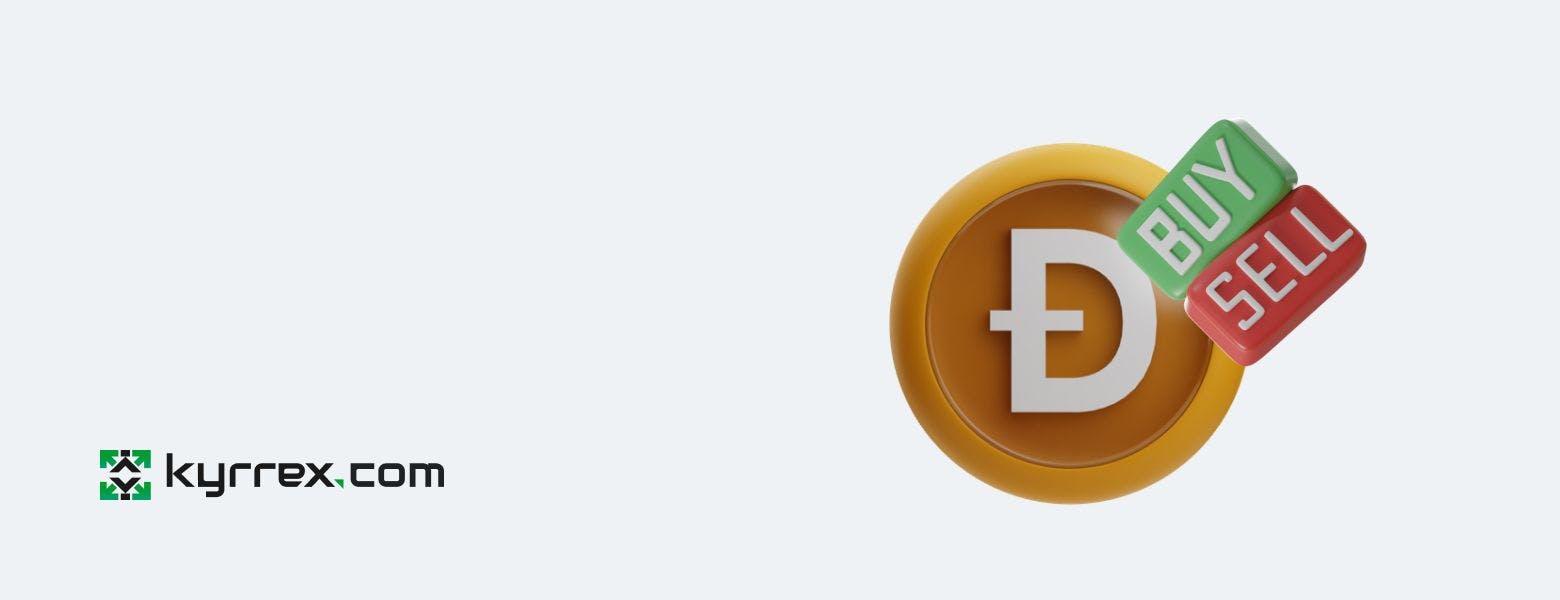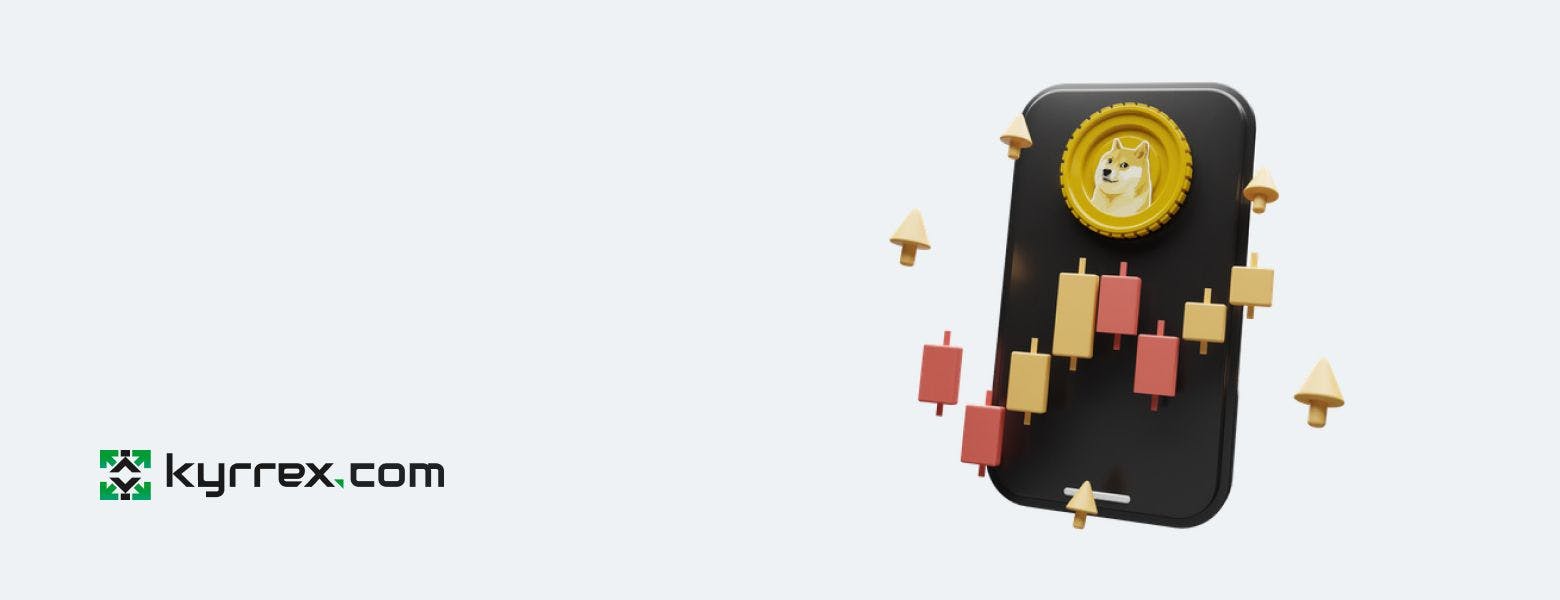
Top 9 Risks of Anonymous Bitcoin and Crypto Buying and Selling

The emergence of cryptocurrency launched a brave new world of financial independence without the control of centralgovernments and their supervisory agencies. People, for so long subject to the rules of using physical cash, are now able to adopt virtual currencies, especially bitcoin, as a medium of exchange and a store of value.
With great rewards come great risks, however, and buying and selling crypto anonymously is no exception. Although decentralization and anonymity are the main selling points of bitcoin and other cryptocurrencies, they also increase the risks associated with buying and selling crypto without ID.
Being able to buy digital currencies and hold them is great. Being able to trade them or use them to buy real-world goods and services is also great. Being scammed out of your crypto and not being able to do anything about it? Not great at all. Unfortunately, this is one of the things that can happen when buying and selling crypto without verification.
Governments all over the world are slowly waking up and beginning to tighten regulations around digital currency trading in their domains and this isn't necessarily a bad thing. Even though privacy and anonymity are the foundations of the crypto industry, it also makes cryptocurrencies vulnerable to various risks, some of which the individual crypto enthusiast might be powerless to defend against.
With that in mind, here are the top 9 risks associated with decentralization. This might interest you if you buy and sell crypto anonymously and want to know the pitfalls to watch out for.
Risk 1: Illegal Activities
"Bitcoin is great, but if it's not private, it's not safe," said Edward Snowden and crypto traders weren't the only ones paying attention. The anonymous nature of bitcoin has made it the medium of choice for money launderers and criminals to move their ill-gotten wealth around.
Because anonymous exchanges allow you to buy and sell crypto without ID and do not ask any questions, cybercriminals find it easy to convert their criminal loot to bitcoin or USDT and use an exchange or peer-to-peer network to convert it back to cash in another jurisdiction where they cannot be caught spending the money.
Earlier in June, the UK's security agencies confiscated almost $160 million in a money laundering operation but that's just one successful detection in an ocean of evasion tactics that criminals use to ferry money from under the noses of the police by using exchanges and crypto brokers.
For day-to-day traders, this means potentially using the same services as cyberthieves, ransom collectors and terrorists, which can be deeply unsettling. From this perspective, using a trusted crypto exchange that accepts KYC, instead of one of the myriad sites that allow you to buy and sell crypto with no ID, is not such a bad idea. All you're doing is exchanging a little privacy for better security and a safer trading environment.

Quick Guide: AML and KYC
AML is short for Anti-Money Laundering and it is one of the reasons that many exchanges these days require a completed Know-Your-Customer (KYC) form as part of the onboarding process.
AML encompasses the measures, laws and regulations put in place to prevent criminals from passing off stolen loot as legitimate income. AML deterrence, monitoring and compliance measures make it harder for criminals to get away with their crimes.
Because the cryptocurrency industry is particularly receptive to money laundering, governments have broadened AML measures to cover that industry as well. Many countries require that any exchange operating within their borders must be registered and the identity of its users verified. This is where KYC comes in.
A lot of exchanges now ask users to pass the various KYC stages before being granted full access. A verified account is less likely to be used for criminal activities because the system can red-flag unusual behavior. That's why crypto criminals tend to flock to anonymous exchanges where they can buy and sell crypto without verification.
Risk 2: Limited Number of Crypto Tokens
Cryptocurrency is an industry that embraces the slogan of "the more the merrier". The availability of thousands of coins that can be bought from hundreds of different places means that everyone, whether a beginner or professional, whale or small fish, trader or holder, always has multiple options when it comes to their next move.
However, this is only true up to a point. These days, the newest quality crypto projects tend to conduct pre-sales on exchanges and DEXes that require some form of verification for those participating in the offers.
Partly, this arose out of a desire to minimize the risk that all the coins on offer get bought by bots. Partly, it is a desire to vet participants and make sure that only people from eligible countries and no criminal record get to buy the tokens.
Either way, if you're trading solely on anonymous exchanges, you're probably missing out on these high-value new coins with huge potential and interesting use cases. Furthermore, when a serious coin first gets officially listed, it's likely to be on an exchange with some form of verification. This means that you might miss out on a chance to quickly cash out during a pump.

Quick Guide: Shitcoins
Shitcoin is an informal term that is used to describe cryptocurrencies that have little or no purpose or value or both. A shitcoin is a shitcoin because its value is… shit.
Shitcoin and memecoin are often used interchangeably but they are not the same. While a meme coin is based on a theme, a shitcoin is usually created purely as a speculative instrument.
Those who create shitcoins and the first traders to jump on its bandwagon hope to increase their holdings as others begin to come on board, often because of sustained marketing and false promises. Eventually, a lot of the initial buyers dump the coins and move on with their profits.
A shitcoin has no practical value and simply exists for its own sake. The vast majority of existing cryptocurrencies don't have a viable premise and can thus be considered shitcoins.
Risk 3: Lack of Customer Service
Imagine that you paid for some goods on Amazon but your order wasn't completed and the seller wasn't cooperative when contacted. You're likely going to contact Amazon customer service to fix the issue. But what if you're transacting crypto on a completely anonymous platform and something goes awry. Who do you contact then?
If you're trading on a centralized exchange and something goes awry, you can quickly reach out to customer support for help. All exchanges that require some form of verification have dedicated help desks on social media platforms like Twitter and Facebook and you can also reach out through email and perhaps phone calls, depending on the country.
With an anonymous crypto exchange, the story is often different. Often, there's no dedicated helpline or public customer relations outlet to request help from. For example, PancakeSwap is an anonymous DEX that operates on the BSC blockchain. The company specifically states that it does not have customer support and refers users to their local Telegram group for assistance.
When using an unregulated exchange, your funds can just vanish irrecoverably due to your mistake or fraud at the other end of the transaction with no hope of being helped by the crypto platform. Still, many people rush into using these platforms without being aware of the dangers like this one and this can come back to bite them in the arse.
Risk 4: P2P Can Be Unreliable
P2P or peer-to-peer is a fast way to cash out crypto anonymously but it's also fraught with dangers. Because you have no idea who the person on the other end is or what their motives are, you're essentially carrying out the transaction based on nothing but blind faith.
With P2P, you connect with another user that has the coins you want to buy and exchange either your fiat for their coin or your own coins for theirs, based on an agreed rate. Usually, several traders list their offers on the peer-to-peer platform and you choose the one that suits you.
When dealing with someone via P2P, you have no way to verify their identity or the source of the money they're using for the transaction. Hence, it's possible that you're making payments to support terrorism or money laundering, which can put you at risk.
There's also the potential for you to get scammed over a P2P platform when the person you're transacting with doesn't release the funds or coins after you've made payment. Many exchanges have put measures in place to prevent this type of fraud but the practice still goes on unabated on some anonymous exchanges.
Risk 5: Loss of Wallet Access
Cryptocurrencies are stored in a digital wallet with a private key or passphrase that controls access to the wallet. Having a wallet can enable you to buy and sell crypto with no verification. You simply connect the wallet to an anonymous crypto platform and start trading.
However, it's absolutely essential that the private key or passphrase is kept securely at all times. Losing this code can and usually does lock the user permanently out of their wallets, preventing them from retrieving all the coins stored within.
Anonymous crypto platforms generally act as a middleman between crypto traders, meaning that your funds stay in your own wallets. So, if you lose your passphrase, your goose is well and truly cooked as the platform might not be able to recover it for you.
On the other hand, digital currencies traded on a centralized exchange are held in exchange wallets and your means of access are your credentials (email, phone number, Google authenticator, PIN, fingerprint, etc.) any of which is more easily recoverable after a loss or theft of your trading device.
Risk 6: Lack of Consumer Protection
Buying and selling crypto anonymously means using a crypto platform that lets users trade with absolute privacy. It also means there's likely to be no oversight which can cause less experienced users to suffer avoidable losses.
There's a lot of potential and success stories in the crypto space and everyone wants to buy lambo with their little investment. This can lead to risky actions like overleveraging and investing in fake currencies. More often than not, dangerous plays like this end up not coming off.
Due to pressure from regulators, centralized exchanges are now putting mechanisms in place to limit the level of risk that users can take. Anonymous crypto exchanges, on the other hand, are still lagging behind in this respect.
Although it can be said that anyone who engages in crypto does so at their own risk and cannot blame a platform for making a bad decision, some well-meaning restrictions can lead to a better experience in the long run. Anonymous platforms are notoriously slow to implement protective measures like this and thus the level of risk on these platforms remains high.
Quick Guide: Buy Crypto Without ID or SSN
If anyone ask you the question: "Can I buy bitcoin without ID?" Tell them yes. Not only that, you can buy XRP without ID and the same goes for the other popular cryptocurrencies around.
Although increased regulatory pressure has made buying crypto anonymously harder than before, there are still some ways around it. You can use a P2P service like ShapeShift or LocalBitcoins to anonymously exchange crypto without creating an account.
To do this, you'll need the following:
- A bitcoin wallet or one that can hold the cryptocurrency you wish to buy
- A payment method
If you're in the United States, you can buy Ethereum without SSN (Social Security Number) using the same method.
You need to find a crypto service that only conducts a "swap" and doesn't hold your coins. Browse the offers and match with one that you like. The service acts as an escrow and releases the coin to your wallet when the other party confirms payment.

Risk 7: Security Vulnerabilities and Hacking
The biggest risk in the cryptocurrency space is hacking and no platform is 100% safe from exploitation by cyber thieves. However, the risks are magnified on anonymous crypto platforms.
Anonymous platforms, by definition, are designed to minimize interference in the activities of users. Thus, they tend to largely take a hands-off approach to everything, including platform security.
Moreover, these platforms do not have the financial muscle that popular centralized exchanges do. Hence, they're less likely to deploy the robus security structures and sophisticated anti-hacking software that the largest crypto platforms use to combat online fraud and other criminal crypto activities.
Quick Guide: Bitcoin ATMs and Credit Cards
When looking for how to spend bitcoin anonymously, Bitcoin ATM machines can come to your rescue. Just like you visit a regular ATM to withdraw cash, you can visit a BTC ATM to withdraw bitcoin.
In the case of the regular ATM, you insert your credit card and get cash. With a Bitcoin ATM, you insert cash and withdraw bitcoin to your digital wallet.
Finding an ATM that dispenses bitcoin is easy. Just consult an online Bitcoin ATM finder to locate the one nearest to you.
However, as these are private machines, you won't be using them for free. Although you get both convenience and privacy, you need to pay a price. Withdrawals with these machines cost more than it would if you buy directly from an exchange. The markup is often up to 10% or more.
Some BTC machines only let you get the coin after producing an ID while others don't require it. If you'd rather not show any verification, you can search for machines that don't need an ID.
Another way to spend bitcoin is with an anonymous bitcoin debit card. Companies like VISA and MasterCard have partnered with various crypto platforms to diversify digital payments with crypto credit cards that function like traditional payment cards.
With a crypto credit card, you can pay for goods and services with your crypto on any supported platform and earn rewards while doing so.

Risk 8: Rugpulls or Exit Scams
Decentralized finance (DeFi) and decentralized exchange (DEX) are the best places to be if you want to anonymously trade in bitcoin on a crypto exchange without KYC. But they're also where to find one of the most traumatic of crypto experiences: a rugpull.
A rugpull is an exit scam orchestrated by scammers who capitalize on the enthusiasm of investors to entice users to a crypto project. Sometimes, they pay a variety of online influencers to promote the coin and blanket the ecosystem with hype and ads which attract even more liquidity to the project.
When there's a lot of money in the project, backed by an expanded user base, the developers sell off their holdings at the high price, abandoning the project and leaving everyone else with extreme losses.
This is one of the risks involved in buying and selling crypto anonymously in 2021 because these kinds of scam projects are more likely to be found on unregulated exchanges where users can freely trade digital coins without supervision.
Risk 9: Carding
Carding is a type of identify theft that involves stealing working credit card numbers and using them to pay for goods and services on various platforms. In terms of crypto, carding poses a risk when an hacker gains access to a crypto site's credit card processing system and either sells the credit card information or uses it to make purchases directly.
Many crypto enthusiasts have fallen victim to cyber criminals who buy bitcoin with stolen card details. There are several methods of carding bitcoin and not all of them rely on credit card information.
Increasingly, credit card thieves have been using the stolen information to buy BTC and other cryptocurrencies through third-party peer-to-peer platforms like PayPal and CashApp. After stealing credit card information, hackers can use it to buy bitcoin with PayPal. They create a new account on PayPal, link the stolen card, and then buy bitcoin with it.
Hackers can also gain access into a registered crypto account on a crypto platform, change the login details and then sell the account to a third-party. If you look hard enough, you will find somewhere on the web where you can see a verified Coinbase account for sale, to mention just one example.
Conclusion
Decentralization is cryptocurrency's main selling point and also distinguishes it from fiat money. While the freedom to carry out borderless transactions in a host of digital tokens is no doubt appealing, it cannot be denied that the anonymity and privacy built into crypto technology encourages crime, abuse and manipulation.

